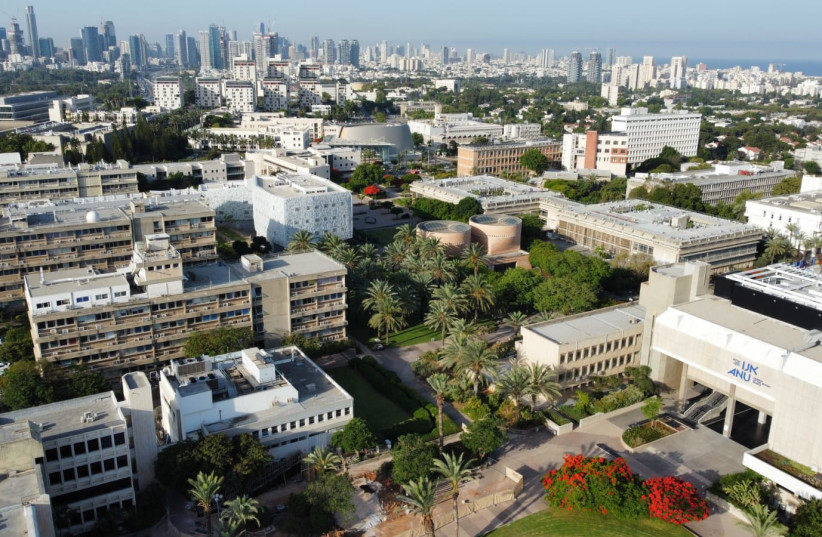Autoimmune diseases strike when the body’s natural defense system can’t tell the difference between its own cells and foreign cells, causing the body to mistakenly attack normal cells.
There are more than 100 different types that affect a wide range of body parts, including multiple sclerosis, rheumatoid arthritis and type-1 diabetes, among others. Large numbers of people in Israel and around the world suffer from them.
Now, for the first time in Israel, a university here is establishing a multidisciplinary center that will collaborate with Israel’s medical institutions to enable big data analytics of medical information and biological samples from patients with autoimmune diseases. It will also promote understanding of the causes of morbidity and recurrent flareups and possible early diagnostics and treatments.
Opening the Colton Center
Tel Aviv University has taken the initiative to open the Colton Center, which will collaborate with Israel’s medical centers and health services including the health funds and hospitals as well as selected scientists from other academic institutions. The TAU research approach will be unique in its nature, because it will be fundamentally based on big data analytics that will direct any traditional scientific “wet” lab work. The intent of the center would be to grant research funding to multidisciplinary groups of scientists including computer science, engineering, biology, statistics, mathematics, psychology and more. The different research programs will be managed based on agreed upon milestones with the ability to reach substantial sums upon success.
The center’s establishment was enabled by a donation of $10 million from TAU Governors Judith and Stewart Colton, who are entrepreneurs and philanthropists in the US. It is the fourth research center founded by the Colton family to address autoimmune diseases, joining three centers already operating at Yale University, the University of Pennsylvania and New York University. In addition to its multidisciplinary clinical research, the new center will encourage experimental and theoretical studies in immunology and conduct workshops and conferences jointly with the three other Colton Centers.
TAU president Prof. Ariel Porat, said “the Coltons have set themselves a goal – to develop drugs and treatments for autoimmune diseases. After establishing centers at three leading American universities, they have now decided to extend this activity to TAU.”
Stewart Colton commented: “We believe the consortium created by the four universities will multiply the opportunities for advancing the chances for successful research. We have worked with TAU for almost 40 years and recognize the unique talent and dedication brought to innovative science. It is a terrible disease that deserves more attention.
Prof. Karen Avraham, dean of TAU’s Sackler Faculty of Medicine, added: “The new Colton Center represents the best of basic and translational research – a true collaboration between researchers and clinicians to explore the optimal avenues for deciphering the mechanisms and therapy for autoimmune diseases.”
Prof. Uri Nevo from the department of biomedical engineering who chairs the center’s steering committee, said that center will promote the study and understanding of autoimmune diseases to improve their prevention and treatment. The first goal, he says, is to obtain measurable results, identify early signs and develop predictive algorithms for both initial onset and recurrent flare-ups.




